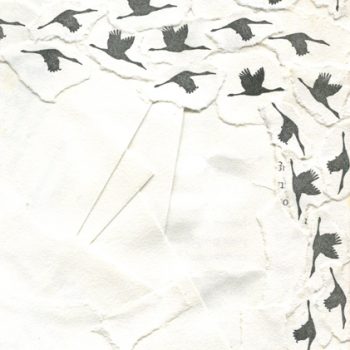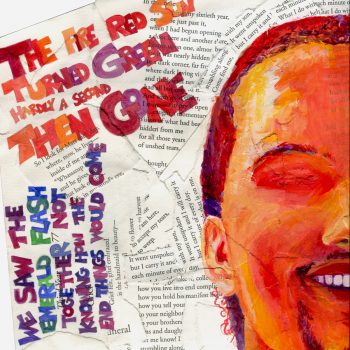Matthew Part V: Imagination

“Even the quest for justice can turn into barbarism if it is not infused with a quality of mercy, an awareness of human frailty and a path to redemption. The crust of civilization is thinner than you think.” – David Brooks, The Cruelty of Call-out Culture, NT Times, January 14, 2019 “Under the new outlook multiplicity of material wants will not be the aim of life the aim will be rather their restriction consistently with comfort. We shall cease to think of getting what we can but we shall decline to receive what all cannot get.” – M.K. Gandhi, Young India, 3-9-25, 305 “I do not believe in the doctrine of the greatest good of the greatest number. It means in its nakedness that in order to achieve the supposed good of fifty-one per cent, the interest of forty-nine percent may be, or rather, should be sacrificed. It is… Continue reading

